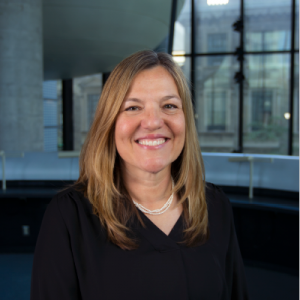Latest News

Aleksandra (Sandra) Bjelajac Mejia, BSPharm, PharmD, MScCH, HPTE, RPh
We caught up with , pharmacist, and graduate of both the NEAL (2016-2017) and ESP (2018-2020) programs. Sandra also recently completed her Master of Science in Community Health, Health Practitioner Teacher Education. We asked her to reflect on her experiences in CFD programs and her own development as an academic education leader in the system. Here’s some of what she shared in our conversation with her:
Q: Sandra, you took both the NEAL program and then later ESP through the CFD. Can you share what informed your decision to enroll in these programs at those points in your career?
A: The order in which I did the programs, reflected my learning needs at the time. The reason I did NEAL first is because I had worked at SickKids for 20 years when I applied for an academic leadership position, PharmD Program Director at the Leslie Dan Faculty of Pharmacy, at University of Toronto. Having been in a clinical and leadership role at SickKids, I thought switching to academic leadership would be fairly straightforward. After I successfully got the role, I quickly learned that leading an academic unit and academics is very different than leading health practitioners and clinical educators in a hospital setting. Even though my role was education based at SickKids, I had a lot to learn about committee work, building consensus, and leading a group of academics. The world of academic health systems is complex. Our Dean recommended the NEAL program to me as it fit my needs at the time and where I was at in my own leadership journey.
So what shifted to make me go into ESP? I was in a role that was very much focused on academic leadership, and then there became an opportunity to apply for a more traditional teaching role. Knowing that these administrative roles are time limited, two years into my role, I decided I would like to apply to one of these continuing status roles, in the teaching stream. Once again I was successful in getting the position. In the continuing status positions, you need to show excellence in academic leadership and expertise in teaching and scholarly work. I knew NEAL touched on teaching and scholarly work, but it wasn’t the focus of the program. In exploring ways to enhance my teaching and scholarly work, I learned I could benefit from the Education Scholars Program. I consulted with my Dean, the ESP program leads at the CFD to get their advice to make sure the program aligned with my learning and career goals.
Q: Reflecting back, first on the NEAL program, what stands out for you from your experiences in that program?
A: NEAL really helped me as a leader. It helped me to learn foundational skills and tools, and make contacts that helped me to navigate the complexity of leading an academic unit. It was just a wonderful learning opportunity because there was a project which I actually used to prepare our program for accreditation. Learning from others in the classroom, and then learning from all the wonderful speakers who came in, some of whom I continue to follow, really was incredibly helpful to me. I remember certain pearls of wisdom from the program today – such as, leadership is a lonely experience create a circle of support and nuture others too. To be innovative, you need to be bold, NEAL gave me an opportunity to connect with people, share ideas and learn from others in leadership roles who are going through similar struggles.
Q: Considering now also the other longitudinal program at the CFD that you took, what difference has ESP made for you?
A: I’ve had some really important, tangible results from taking the Education Scholars Program. There is project work, but I used the program work to align with what I needed to do with my teaching stream position. I just had my interim review last December, and it resulted in a positive review. I think it is really thanks to what I learned, and the things that I applied, that allowed me to engage more confidently than I ever would have in scholarly projects. I really benefited from the mentored experience to be bold enough to apply for education grants, to engage in conversations and lead education projects. I felt I needed to be grounded in education theory and practice in my role, and the program gave me that. After taking ESP, I realized I wanted even more of that, and that is why I ended up completing my Masters too.
Q: As a pharmacist, how did you find the interprofessional learning experiences at the CFD in these programs?
A: It was great! I never felt like an outsider. The lectures and conversations always included information that was directly relevant to me. I was always learning from my interdisciplinary colleagues. We all had the same issues; working with trainees, accreditation, leading other clinicians to be effective teachers, assessments, curriculum renewal… Whatever profession you’re in, you have the same challenges and can learn from others.
See all Latest News.
